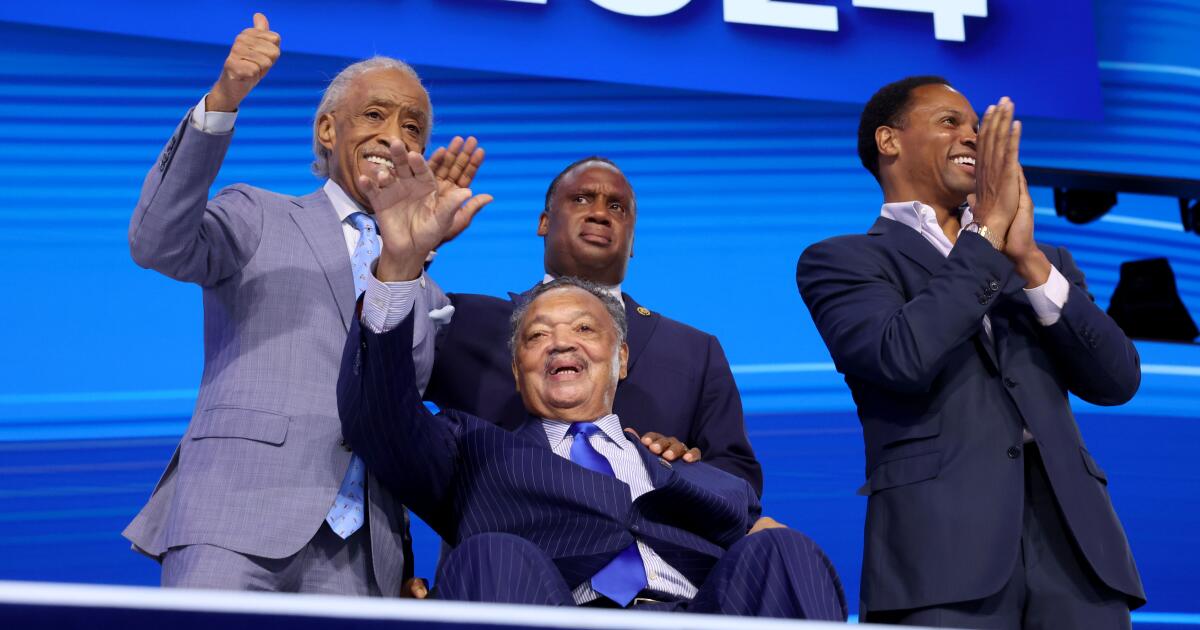SINGAPORE: China is a huge market for the world’s most popular sport but the saga involving Argentinian footballer Lionel Messi shows that tapping the Chinese market comes with political risks, say analysts.
The Inter Miami player sat out of a friendly match in Hong Kong on Feb 4 citing an injury but took to the field for 30 minutes in Japan for another match three days later.
Already angry that Messi did not play in Hong Kong, many people in Hong Kong and China were left further incensed by what they saw as a snub by the football star, who had also failed to shake hands with Hong Kong Chief Executive John Lee after the Hong Kong match, detractors noted.
Football fans, including those from mainland China, had reportedly paid HK$880 to HK$4,880 (S$150 to S$839) to attend the Hong Kong match.
The backlash in China was so great that Messi had to put out a short video on Chinese social media platform Weibo on Feb 19 to explain why he could not play in the Hong Kong match. He said an injury had led him to sit out of the match, rejecting claims that he skipped play for political reasons as “totally untrue”.
On the day of the Japan match on Feb 7, Chinese state media Global Times published a strongly-worded editorial saying it does not rule out the possibility that the actions carry “political motives” and were done to deliberately “embarrass” Hong Kong, adding that the impact of the incident “has far exceeded the realm of sports”.
Lye Liang Fook, a senior fellow at ISEAS – Yusof Ishak Institute, said that in Beijing’s eyes, Messi’s actions have not only “publicly humiliated” the Hong Kong authorities, but also by extension, disrespected China and its population of 1.4 billion people.
“From China’s perspective, any perceived slights on issues that it considers important will be met with a response, no matter how lucrative the football market is,” said Mr Lye, who specialises in China’s foreign policy.
According to estimates by state media China Daily, there were about 200 million football fans in China in 2022. In June 2023, Messi received a roaring welcome from around 68,000 fans in Beijing when he played for Argentina in a friendly against Australia.
A joint report by the General Administration of Sport of China and the National Bureau of Statistics of China showed that the Chinese sports industry was worth around 3.3 trillion yuan (S$624 billion) in 2022, after growing a significant 5.9 per cent on a year-on-year basis.
To put things in perspective, football fans elsewhere have also expressed anger over no-shows.
In 2019, furious South Korean football fans took to filing lawsuits against the match organiser when Portuguese footballer Cristiano Ronaldo sat out of a friendly during Italian club Juventus’s pre-season tour in Seoul, despite a deal that stipulated the superstar striker would play for at least 45 minutes. The fans won and were awarded compensation on top of a 50 per cent refund of the ticket price.
But the response in China over the Messi incident looks to have surpassed that in South Korea.
The Chinese authorities cancelled two Argentina friendlies due to take place in Hangzhou and Beijing in March. Some Chinese brands have also taken their cue from the official response, including Chishuihe baijiu liquor which quietly removed its Messi-endorsed products from e-commerce platform JD.com following the uproar.
Lye said the Messi episode highlights the importance of global sporting celebrities being aware of local sensitivities, especially those who regard the Chinese market as lucrative.
“They may need to focus more on what they are good at which is ‘playing sports’ and steer clear of actions that may be misconstrued as ‘playing politics’”, he added.
It also gives a taste of the lengths Beijing would go to in order to uphold China’s dignity and national interest when foreigners do not accord due respect to the government and Chinese audience, said Lye.
“Beijing will need to appear tough and firm on this issue otherwise they will be criticised domestically for not standing up to the perceived slights by Messi, even if he is a football legend,” he added.
It does not help that this incident comes at a time when Beijing has tightened its control over developments in Hong Kong to prevent any untoward incidents that could rock the stability that has been restored following the 2019 mass protests, said Lye.
Associate Professor Alfred Wu, who is with the Lee Kuan Yew School of Public Policy, said the drawn-out furore could be viewed as a state-led nationalism effort to boost unity among the Chinese to go against the West.
“Of course, some rational people will say that Messi is Argentinian, not American, so this East-West conflict theory does not make sense but it doesn’t have to when emotions run high,” said Prof Wu.
When it comes to high-profile international incidents, the primary concern of the Chinese government is garnering public support while safeguarding its national interests, he added.
Prof Wu believes the biggest “loser” to come out of the situation is Hong Kong.
The Hong Kong friendly was initially meant to boost the city’s international profile but has since turned sour.
In addition, some Chinese netizens have gone so far as to suggest that Hong Kong’s position as an international financial centre will soon be a thing of the past and become nothing more than a “heritage site”, said Assoc Prof Wu.
“To turn it around, the next big international sporting event will need to have a perfect outcome. But of course, the pressure on stakeholders to carry out such similar activities is much higher from here on,” he said. – The Straits Times/ANN

